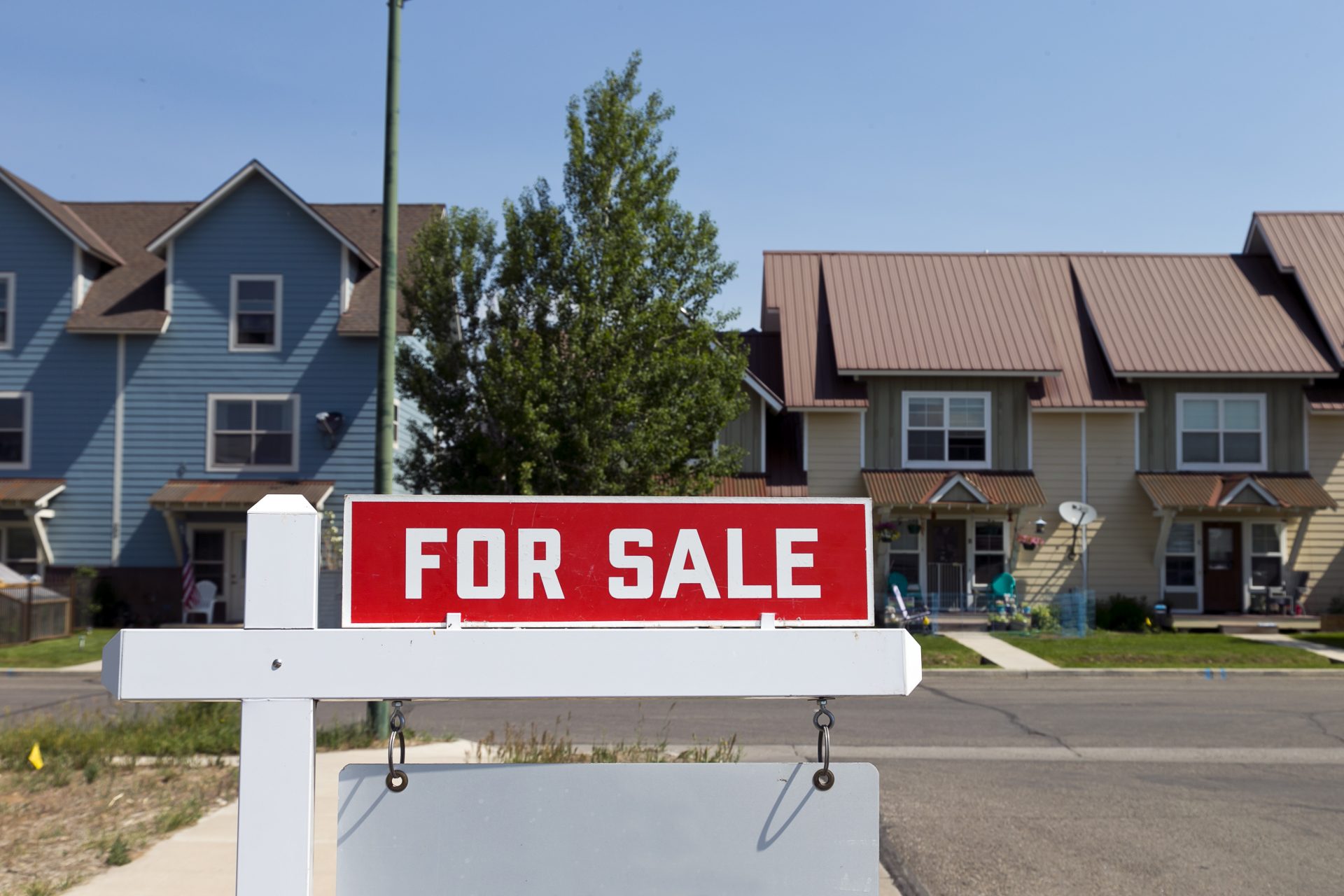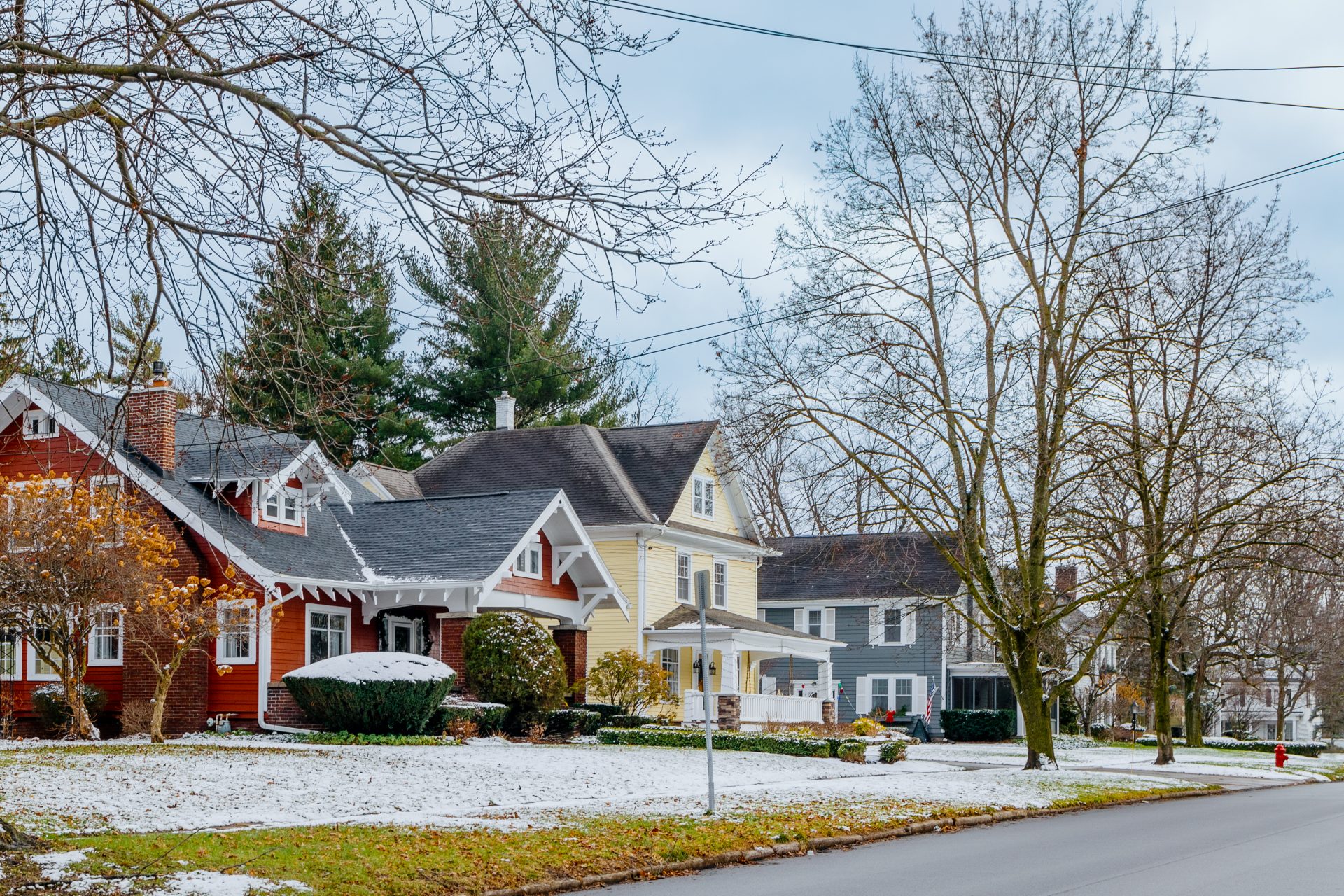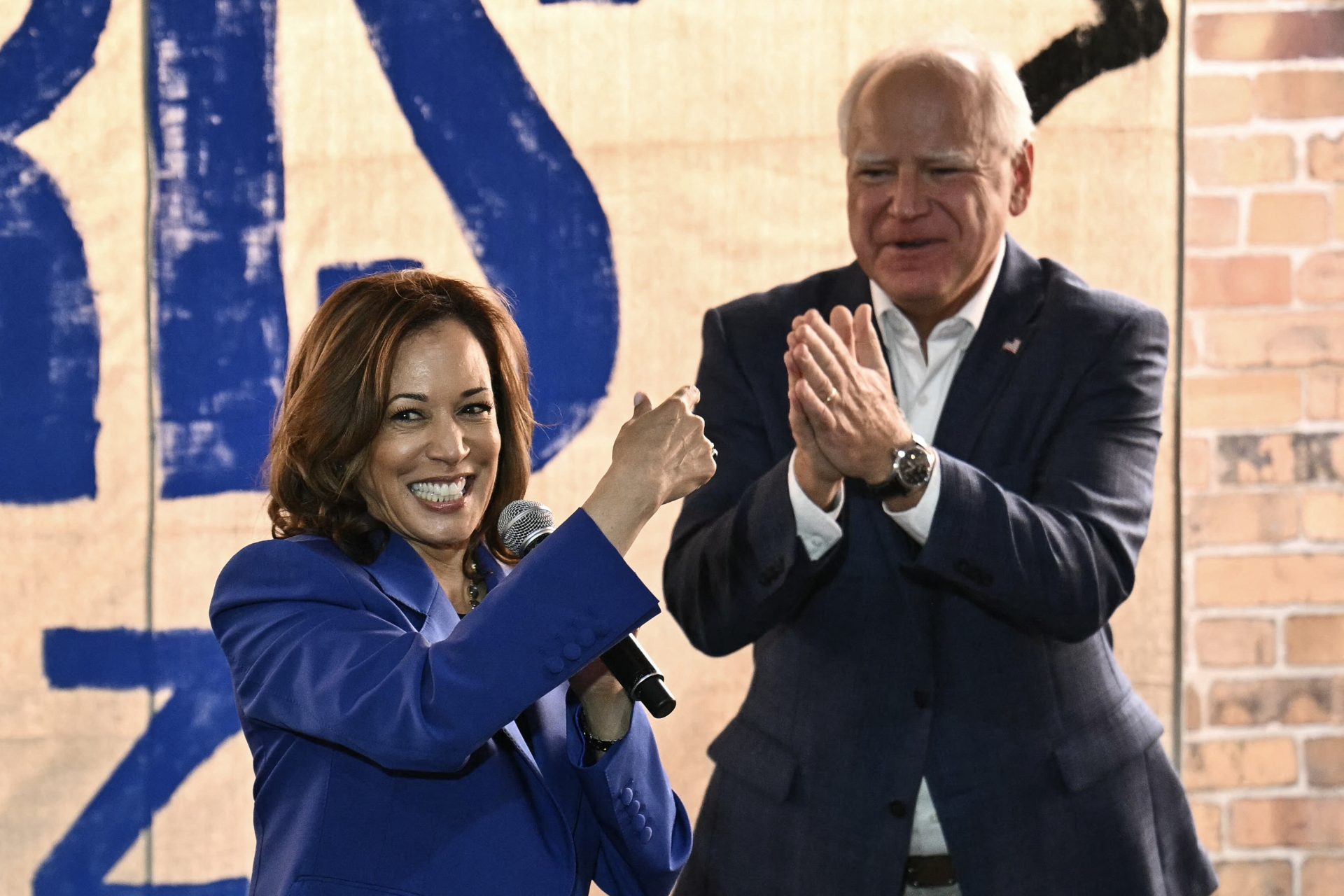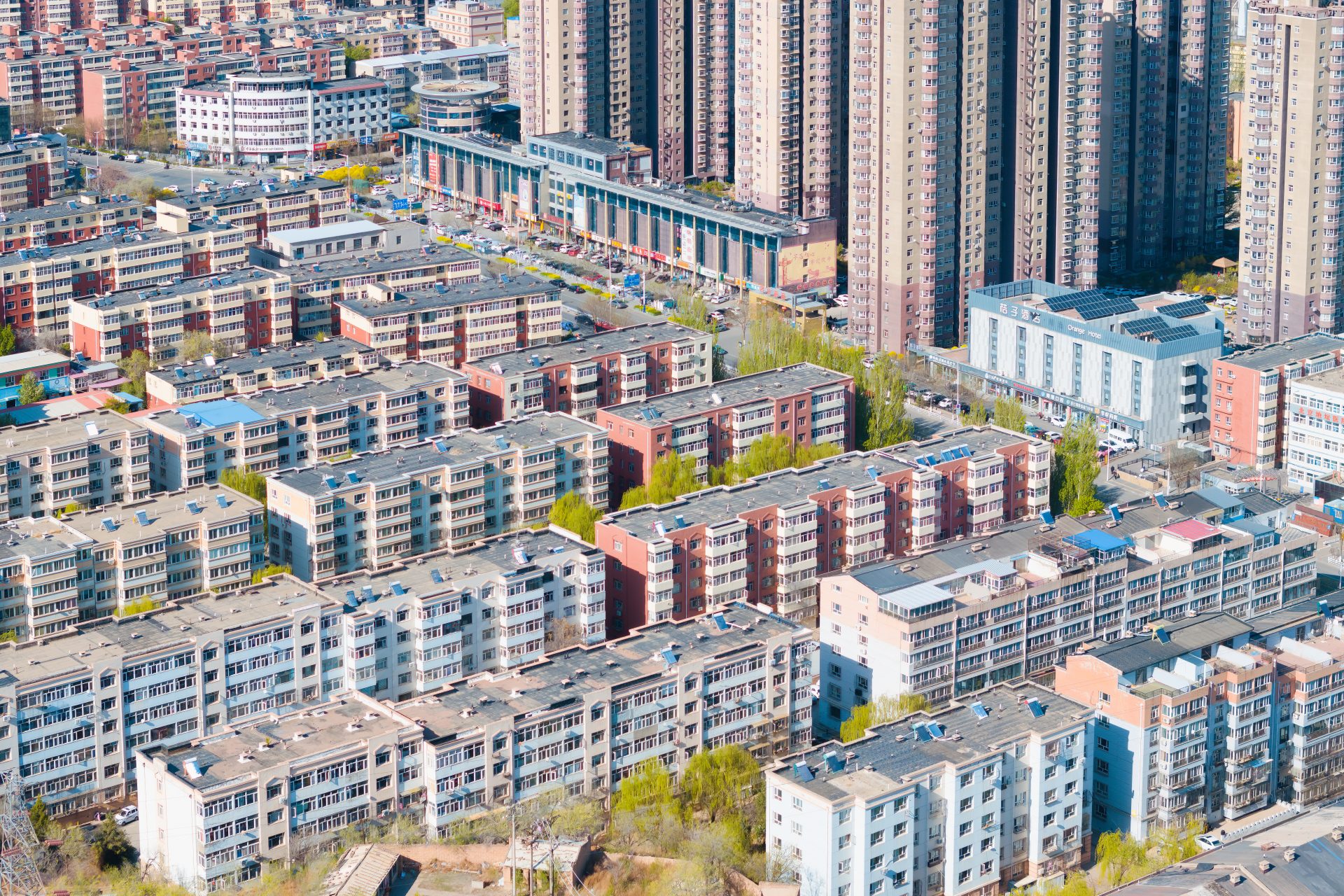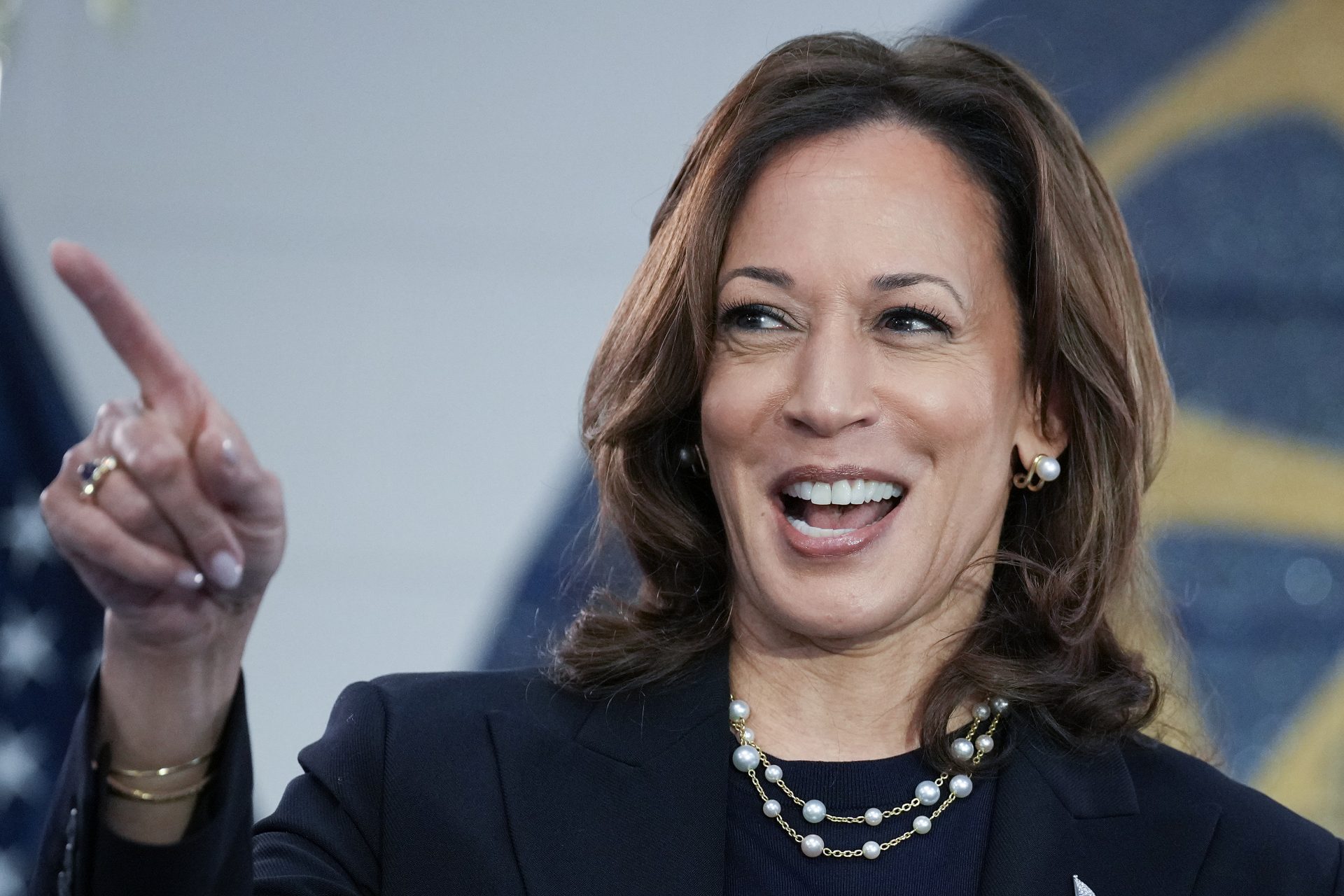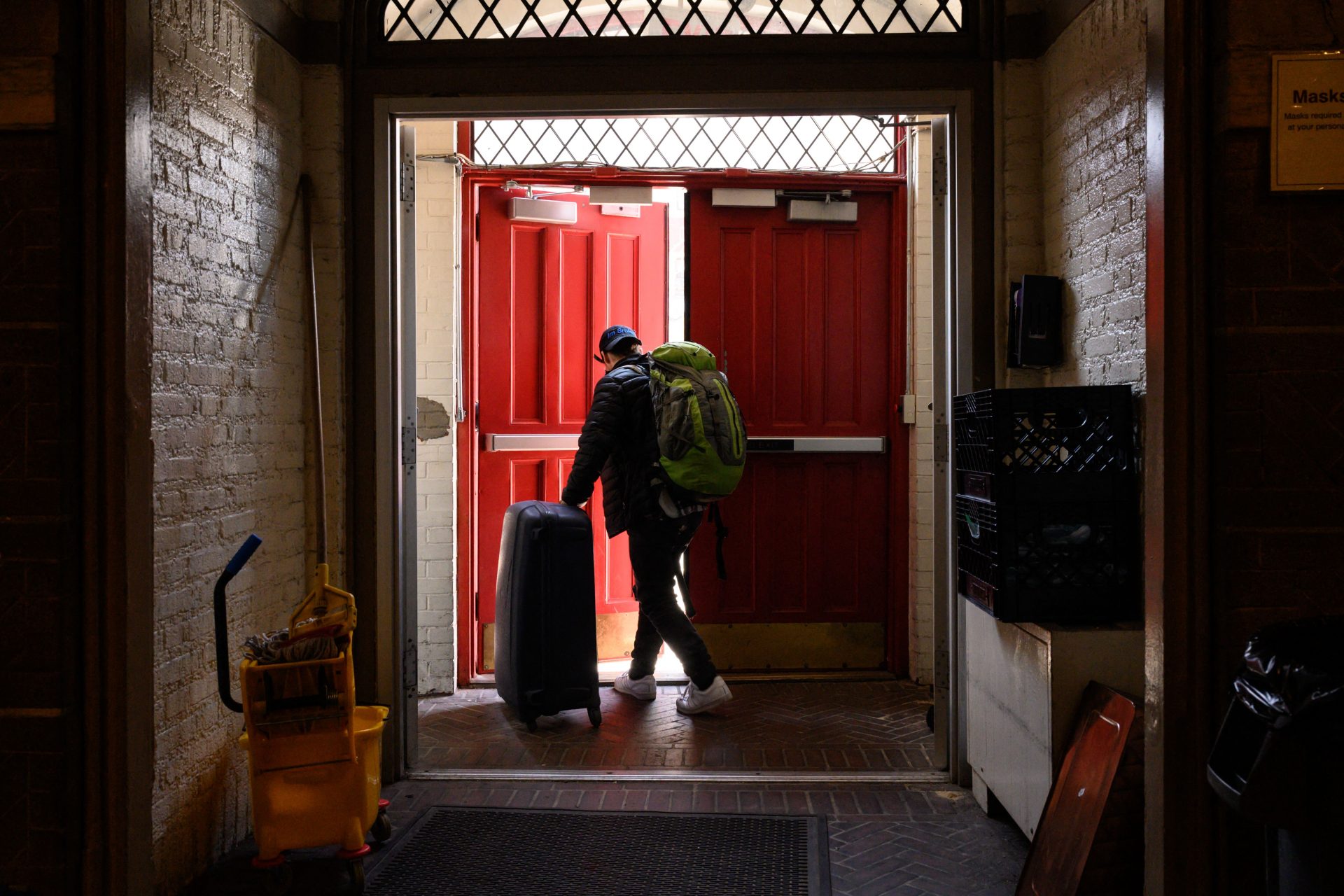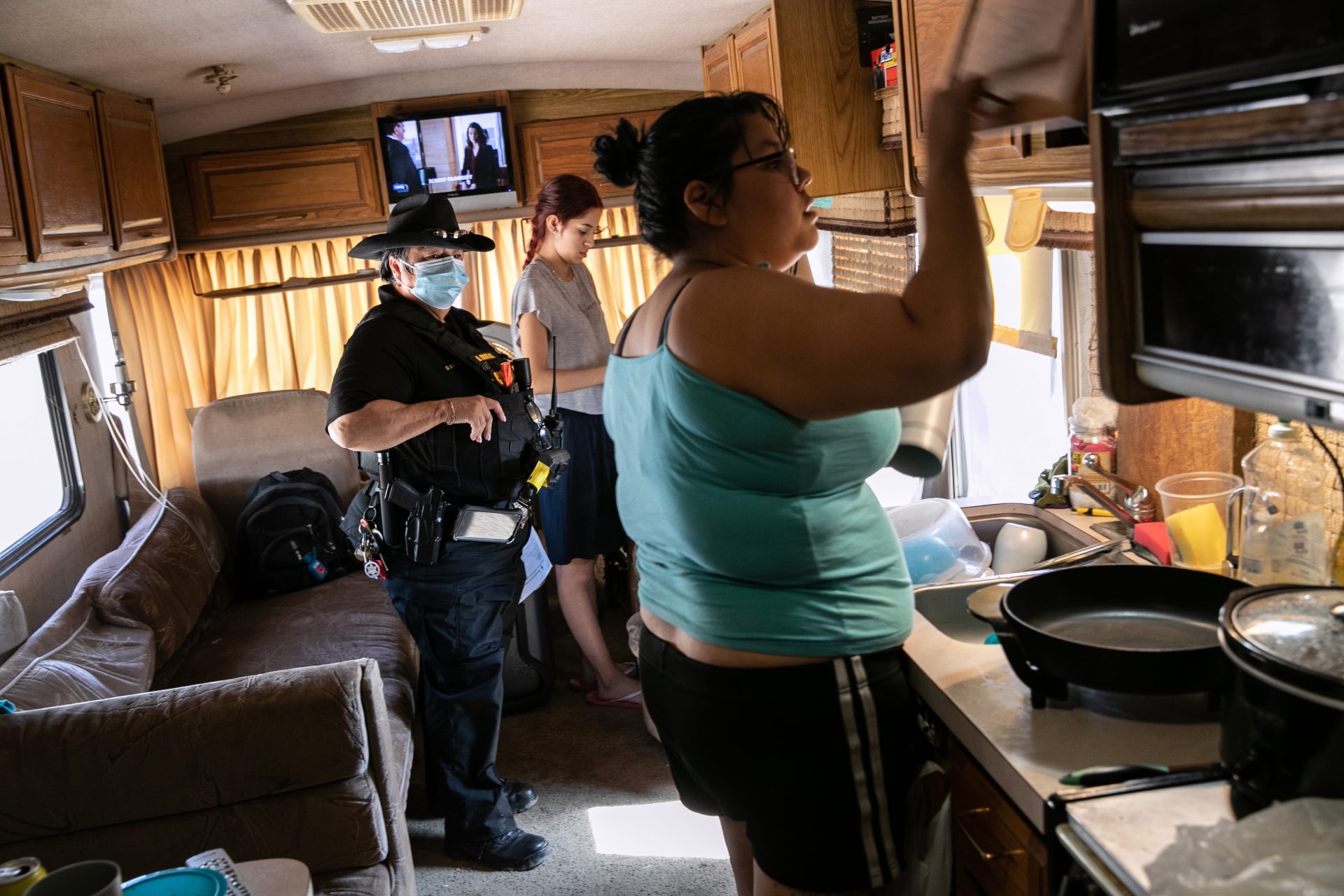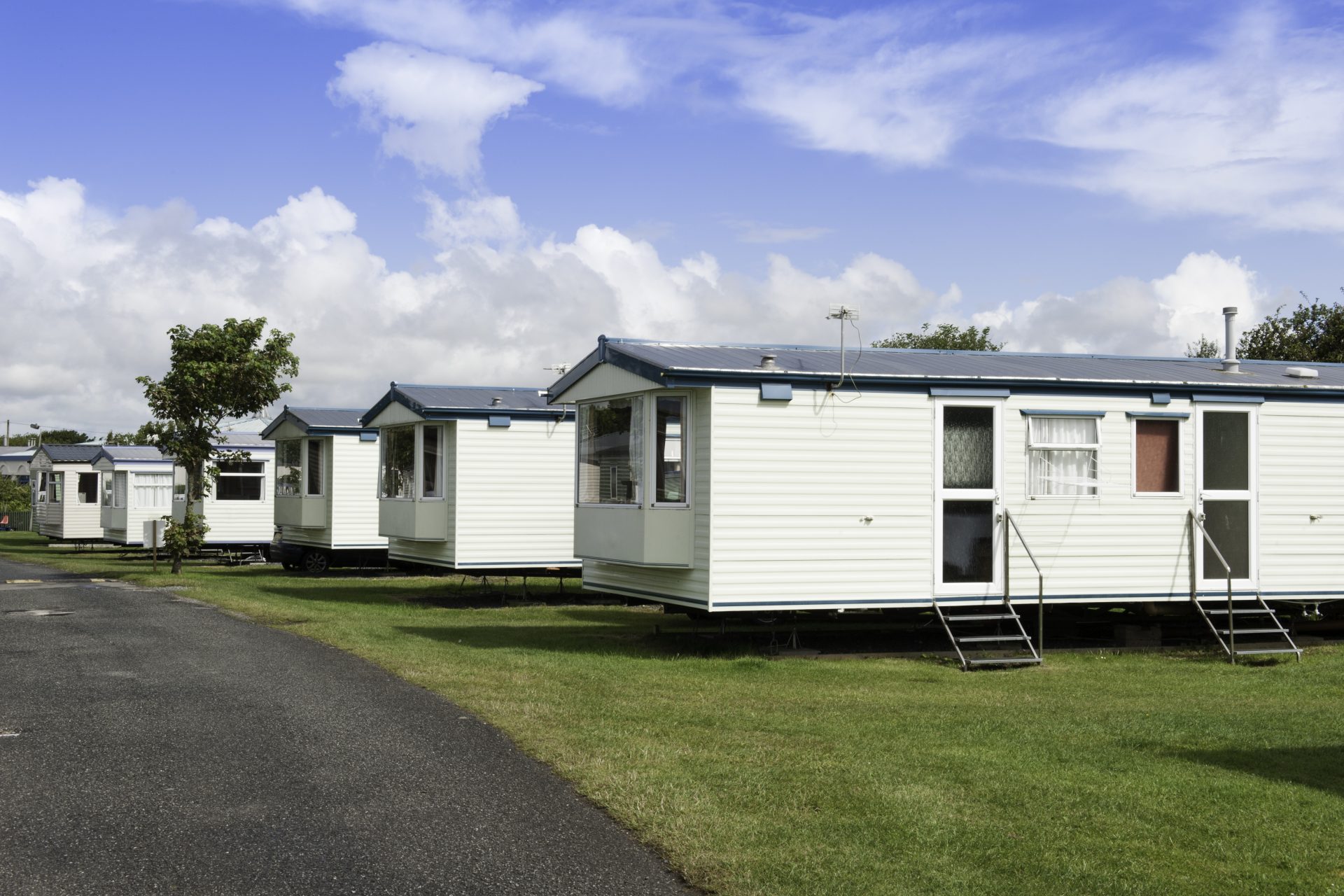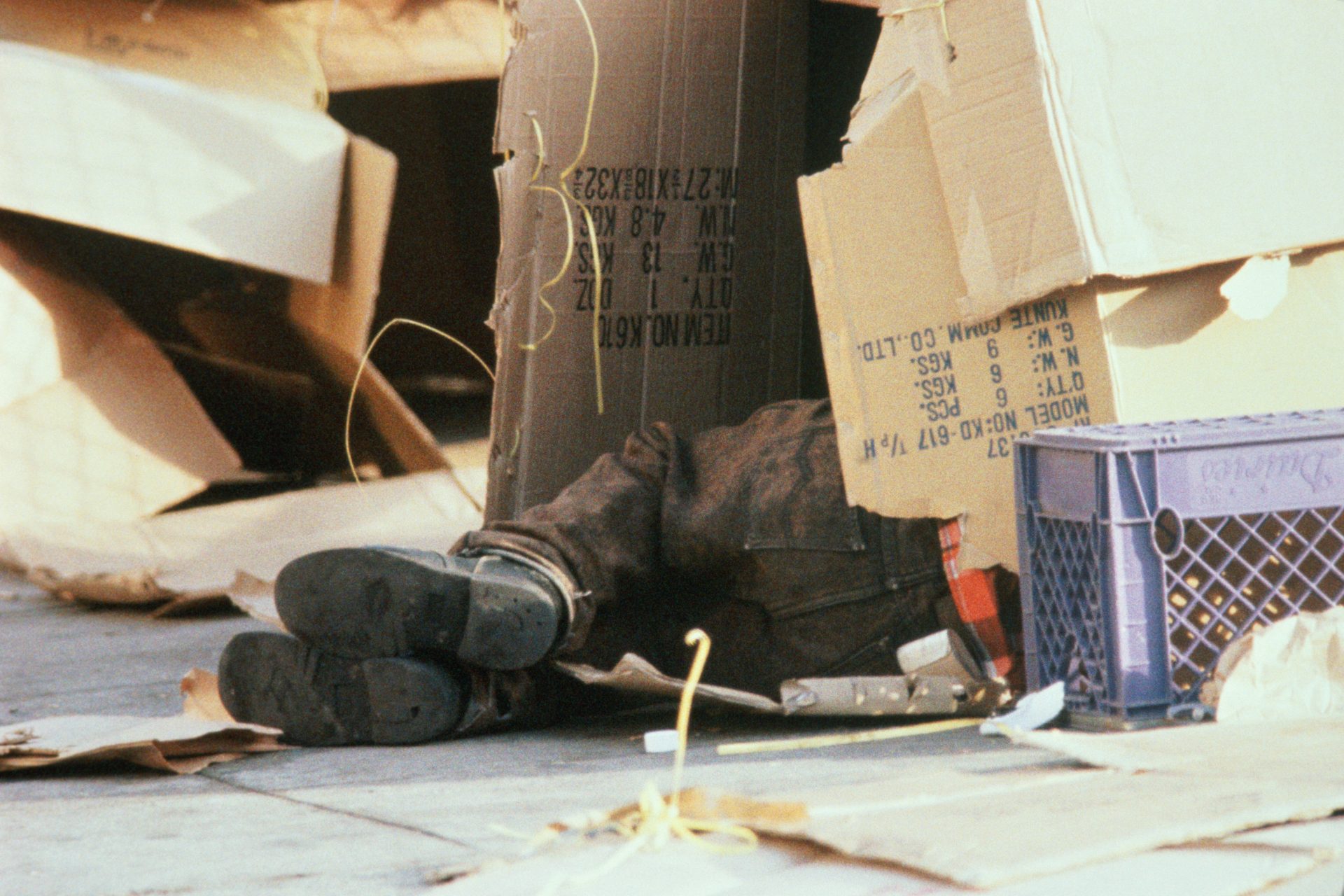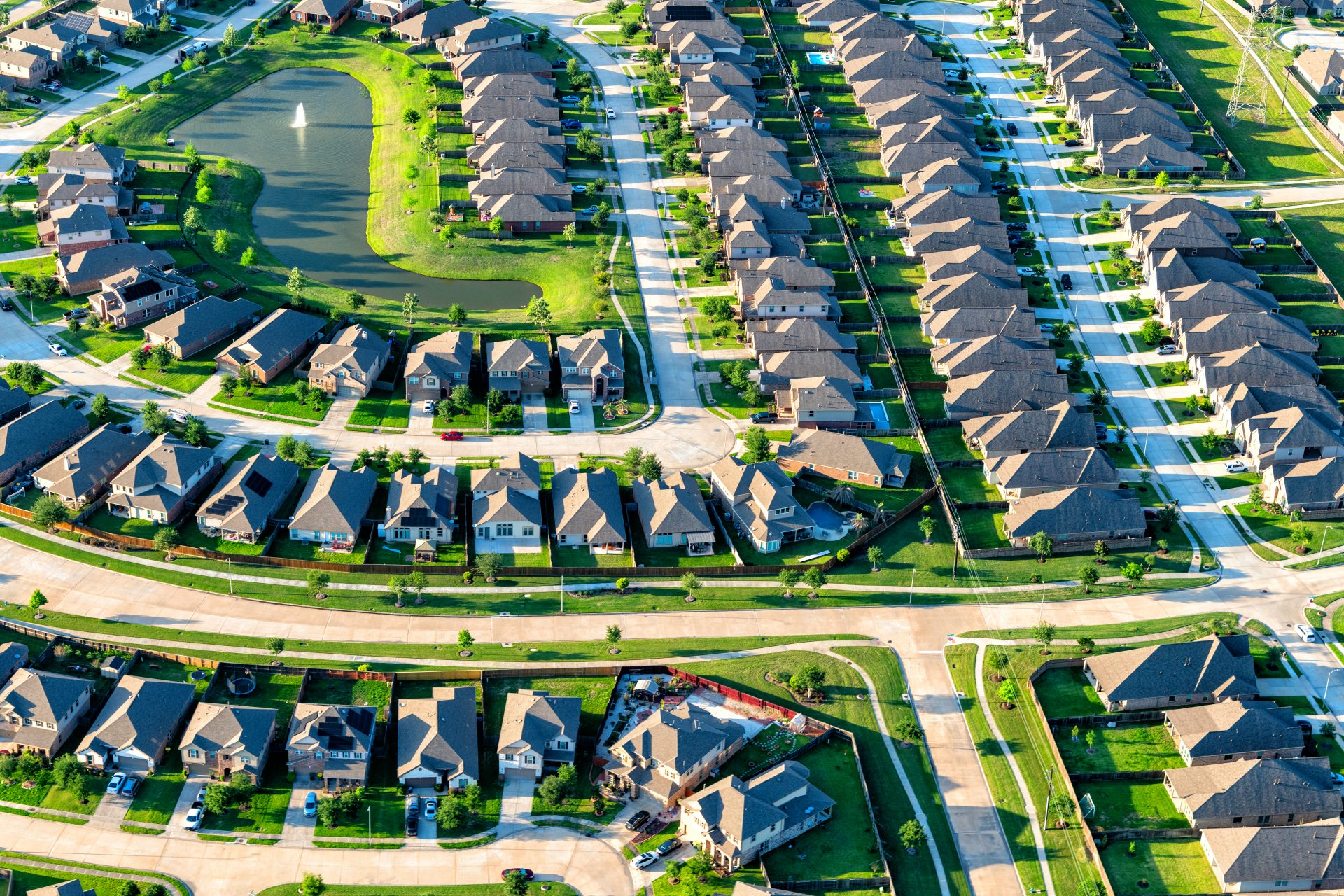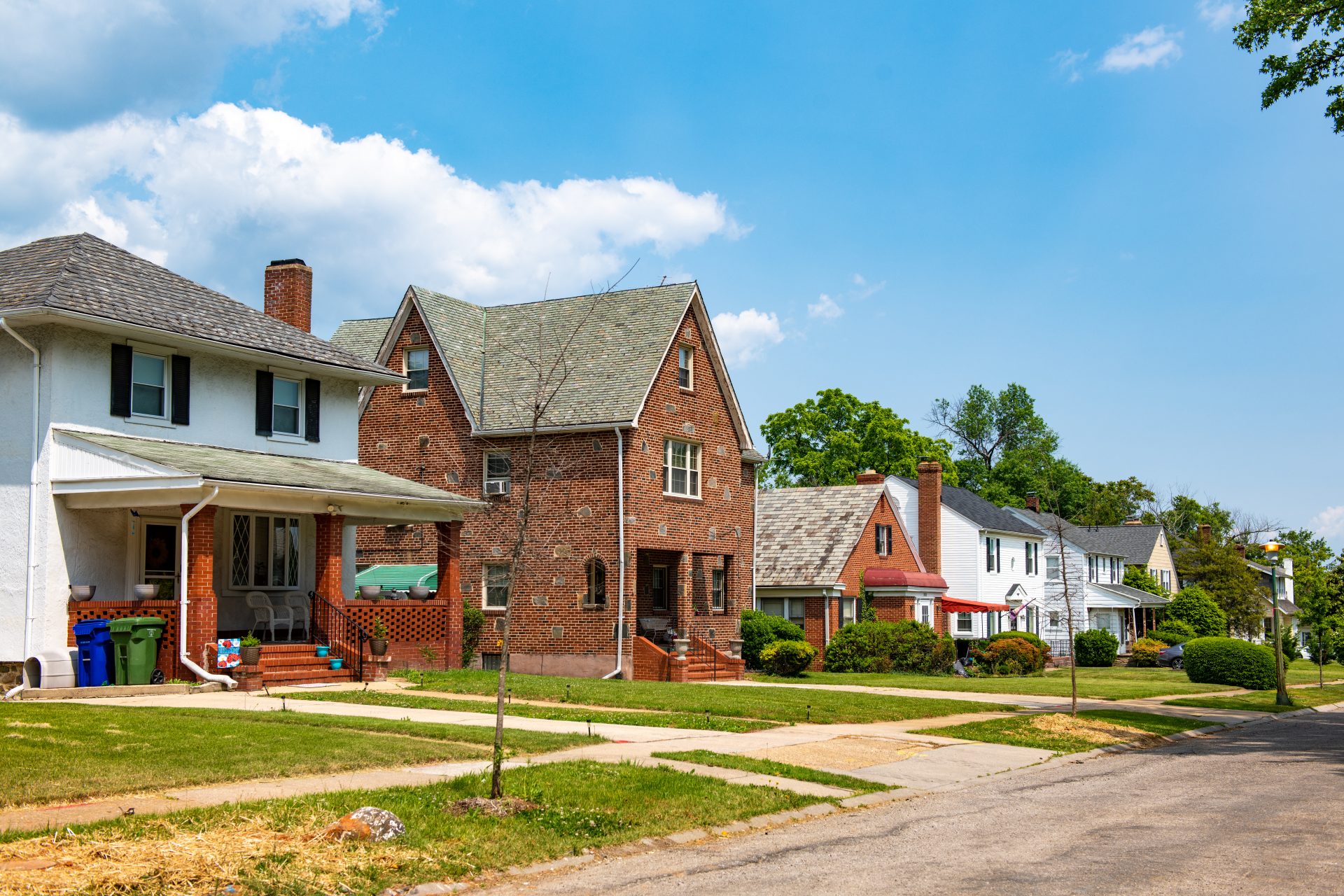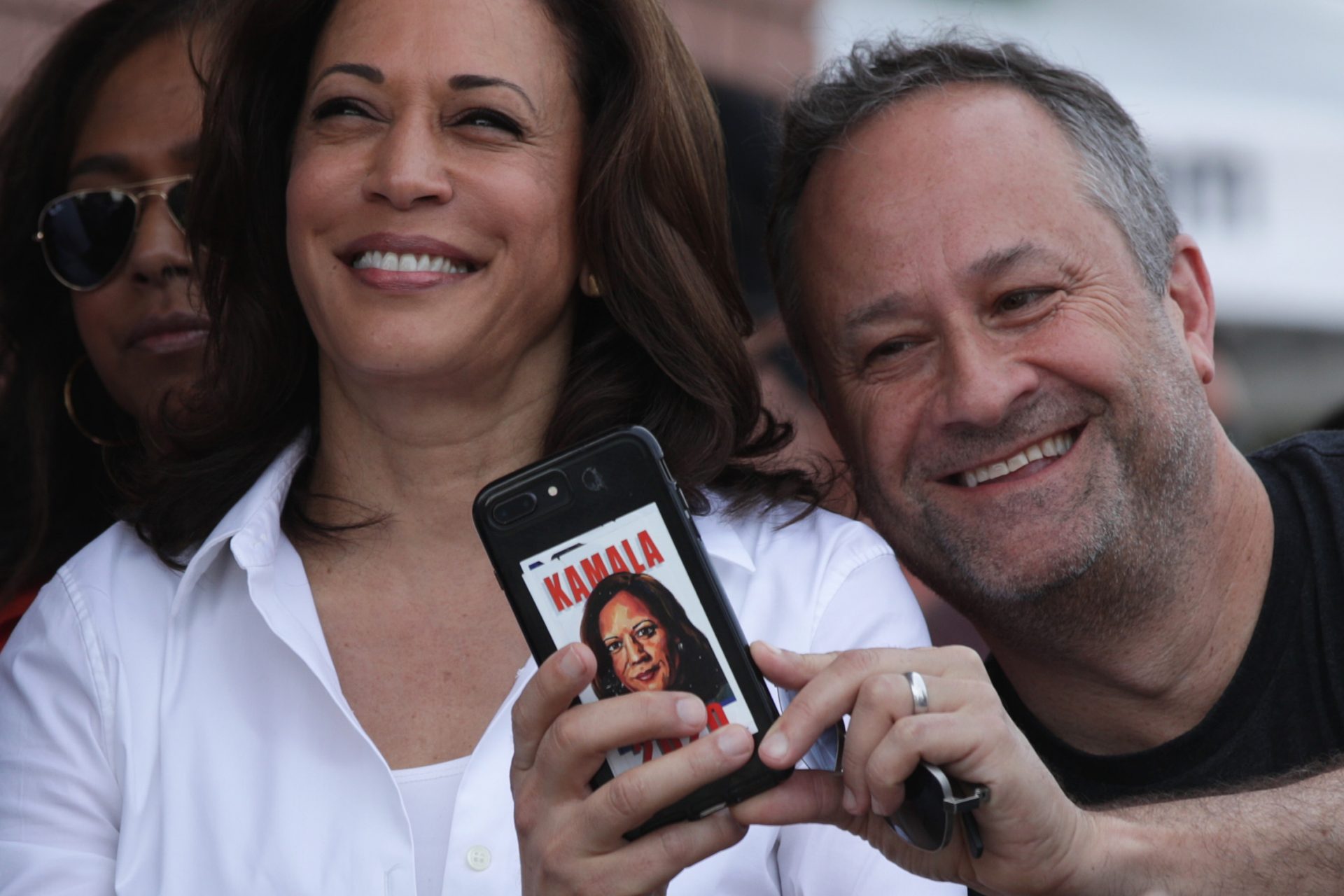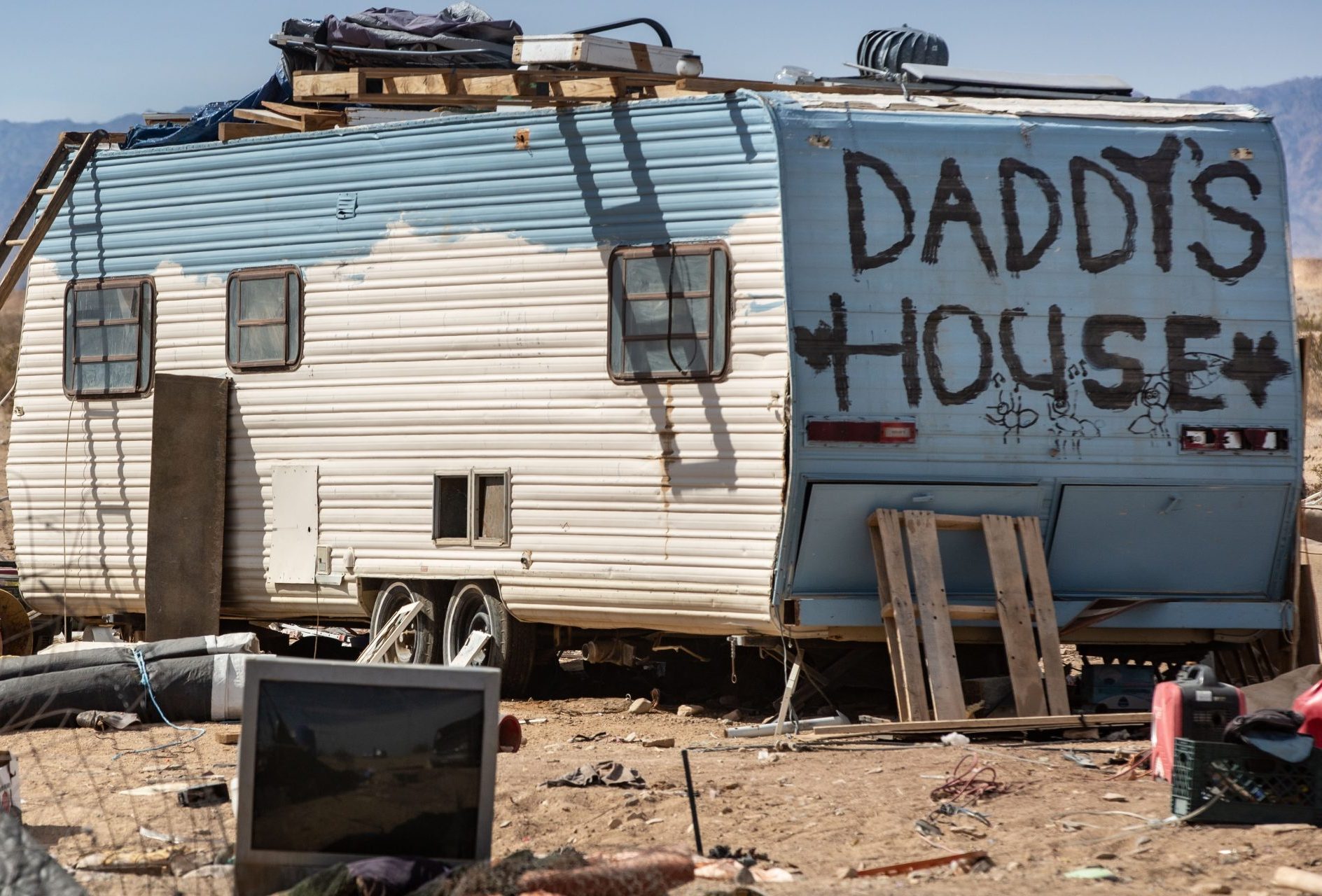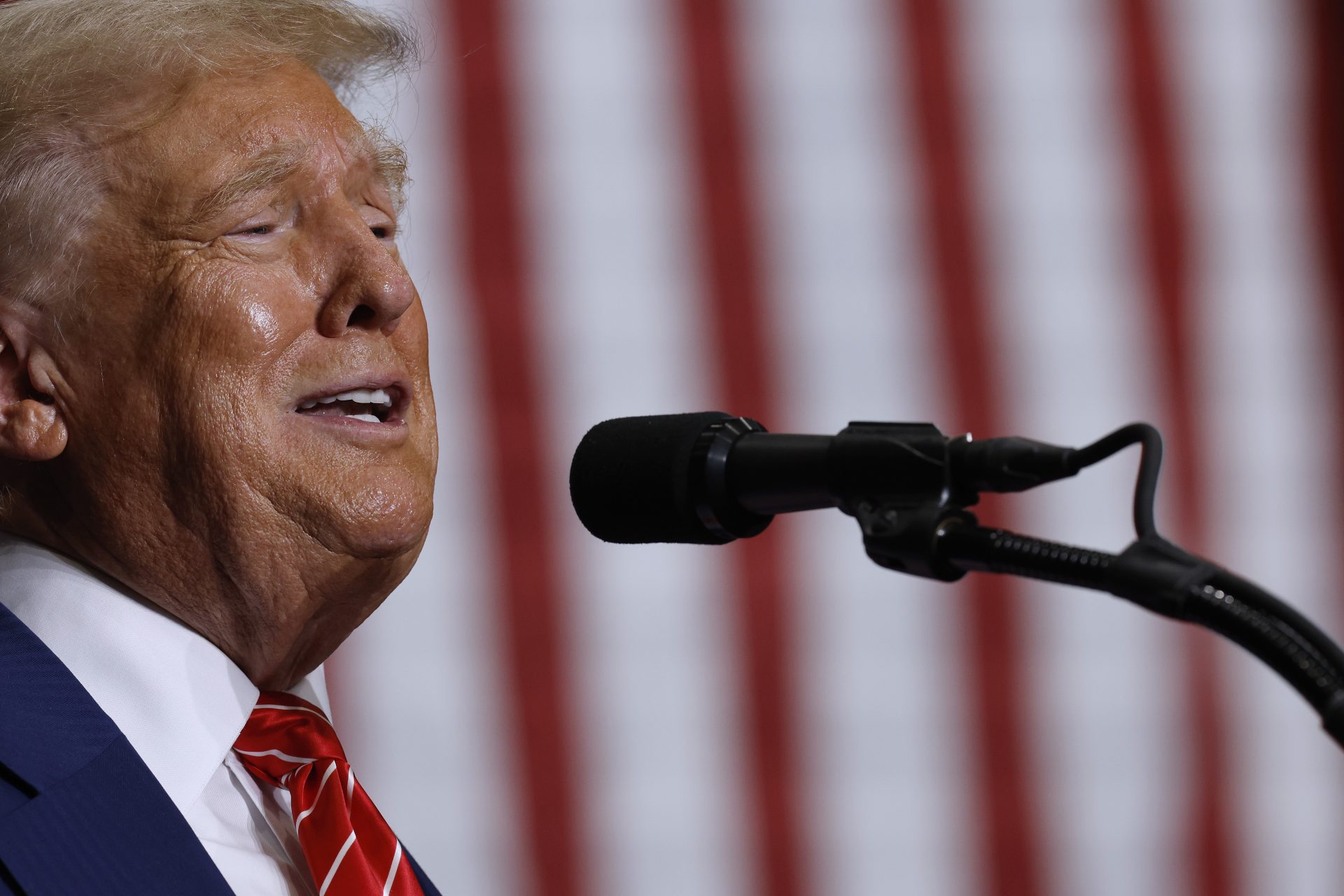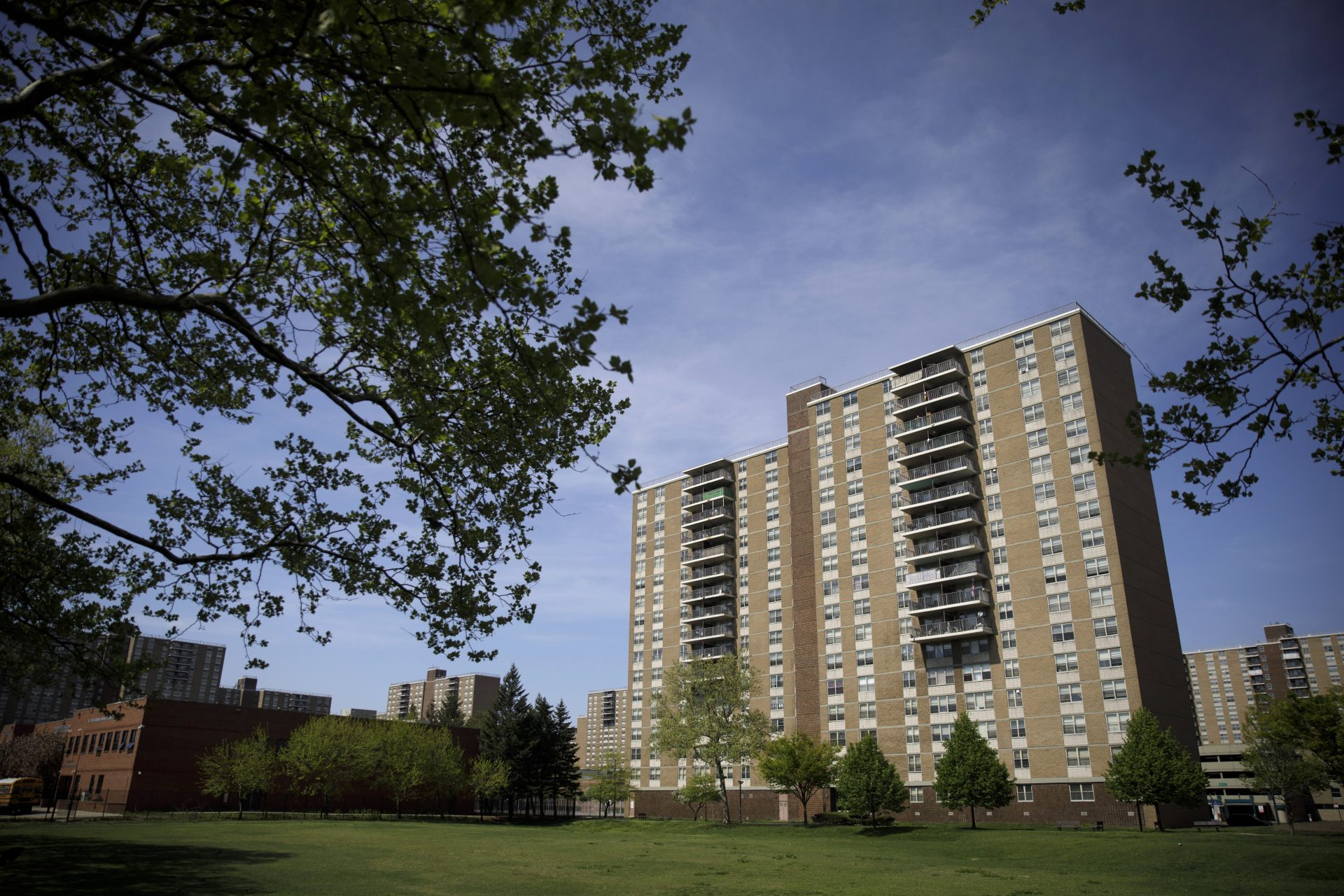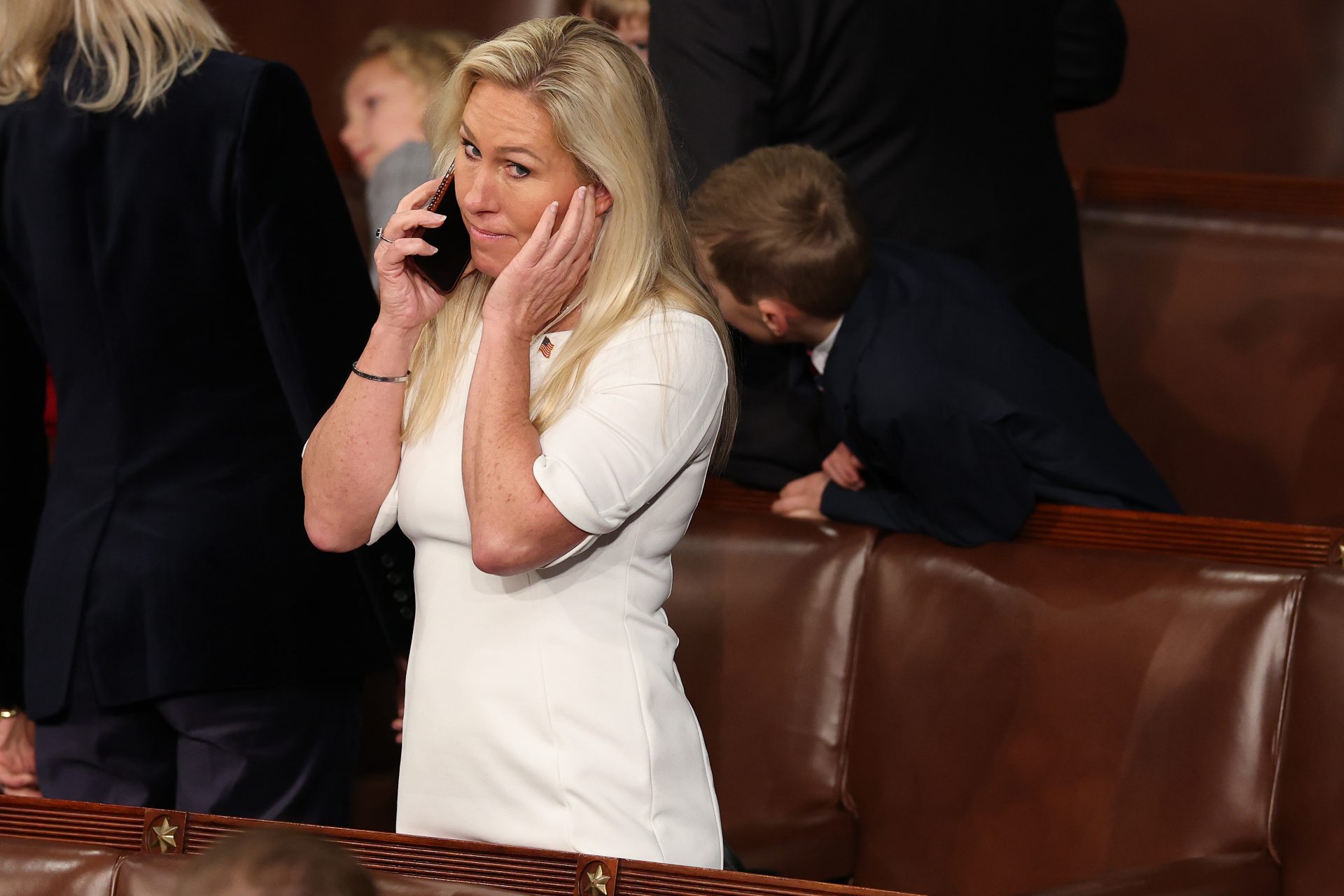Which presidential candidate will solve the desperate US housing crisis?
Finding an affordable place to live, for both renters and buyers, is a fundamental right that has become a pipe dream for many Americans in recent years.
“Part of the American dream is home ownership. And for so many people, the American dream has become a nightmare,” said Antjuan Seawright, a Democratic strategist tells the Financial Times.
“I do think that having a specific plan around accessibility and affordability will be key for both Kamala Harris and Governor [Tim] Walz,” adds Seawright.
The issue has been embraced by the Democratic campaign with Harris promising to build more homes and lower rents and house prices, largely through tax incentives.
"There’s the work that we’re gonna do that is about investing in the American family around affordable housing, a big issue in our country right now," Harris said in her televised interview with CNN on August 30.
US home prices have risen 50% in the last five years and rents have risen 35%, according to figures from real estate firm Zillow, reported by Reuters.
Housing will be a decisive issue for US voters who put housing second only to rising prices and stagnating income on their list of economic concerns, according to a Reuters/Ipsos opinion poll in May.
An annual report from Harvard’s Joint Center for Housing Studies, published in June, states that rental accommodation prices are up 26% since early 2020 and renters paying upwards of 30% of their income on rent is at an all-time high.
“Rents have been rising faster than incomes for decades,” says Alexander Hermann, a Senior Research Associate at the Center. “However, the pandemic-era rent surge produced an unprecedented affordability crisis that continues.”
Consequently, there has been a surge in homelessness, which the Harvard report says reflects the end of pandemic protections, high rents, and the already meager housing safety net.
The report also points out that the extortionate cost of buying a home is preventing millions from climbing onto the property ladder, particularly Hispanic and Black households where home ownership is at 49.9% and 46.6% respectively, compared to 74% among Whites.
Interest rates now stand at 6.47% after rising to an eye-watering 7.79% on a 30-year mortgage in October 2023. These rates have pushed the cost of buying a home to its highest in 30 years.
High mortgage rates have also produced a stagnant market with homeowners sitting tight on affordable mortgages rather than selling and buying a new property at a far higher rate of interest on the loan.
Climate change is also responsible for decimating the housing stock. The number of billion-dollar disasters has risen from an annual average of six in the 1990s to 28 in 2023, with at least 60.5 million homes standing in areas with at least moderate risk from natural disasters.
Harris is not only promising to tackle the housing crisis with new builds and tax breaks, but also with a crackdown on unfair practices of corporate landlords and investors who are sitting on large volumes of housing stock.
“I’m not new to this issue,” Harris said in the Financial Times. “I know how to fight for people who are being exploited in the housing market, and I know what home ownership means.”
Meanwhile, tycoon Donald Trump, whose real estate assets are worth $1.1 billion, according to Investopedia, has promised to reduce costs through tax breaks and reduced regulations, Reuters reports.
However, the Republican presidential candidate balks at unpicking local housing restrictions that prevent many types of affordable housing from being built.
“I keep hearing about the suburban woman doesn't like Trump,” he said at a campaign event in Howell, Michigan. “I keep the suburbs safe. I stopped low-income towers from rising right alongside of their house, and I’m keeping the illegal aliens away from the suburbs.”
More for you
Top Stories



